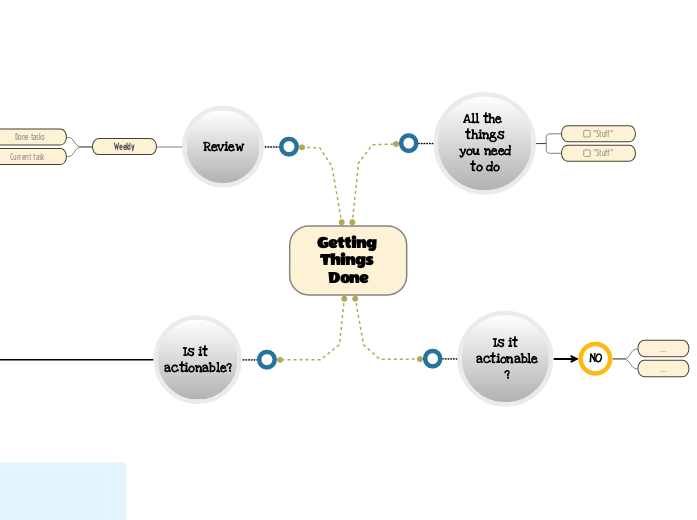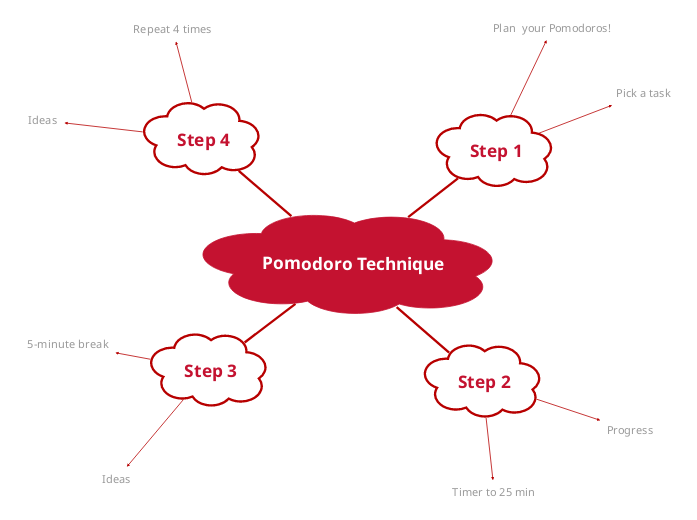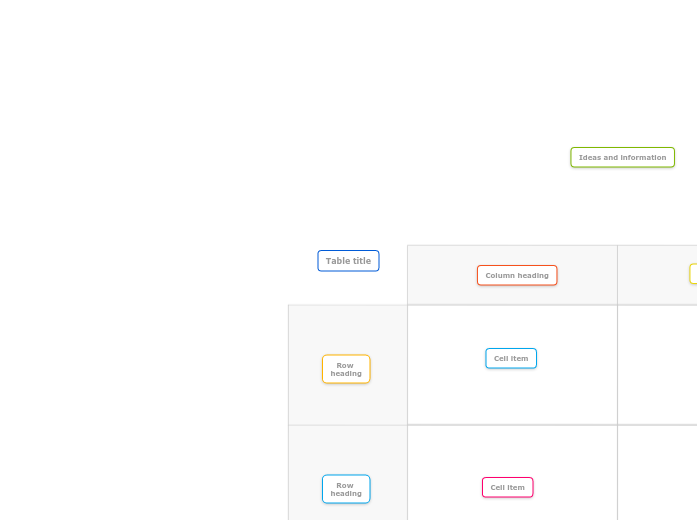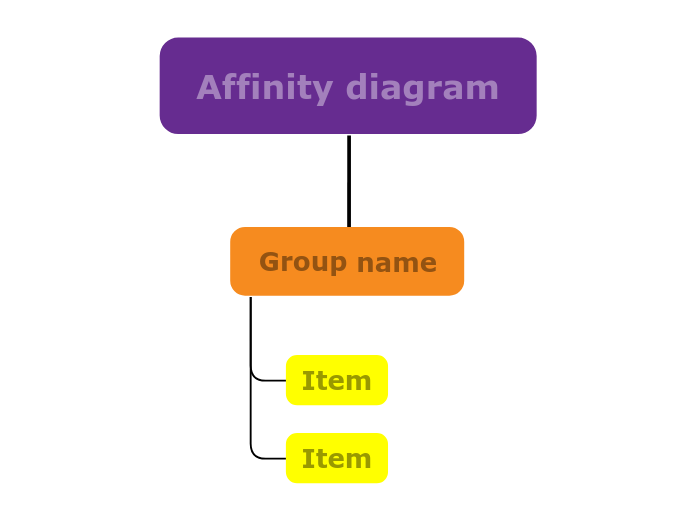{createBy}
{mapViews}
Cornell Note Taking Method
This note-taking system was invented in the 1940s by Walter Pauk, an education professor at Cornell University. It encourages you to reflect on your notes by actively summarizing them in your own words. This will help you easily remember information, ultimately helping you to pass your school year easily.
Keywords: note-taking method, learning, summarizing








